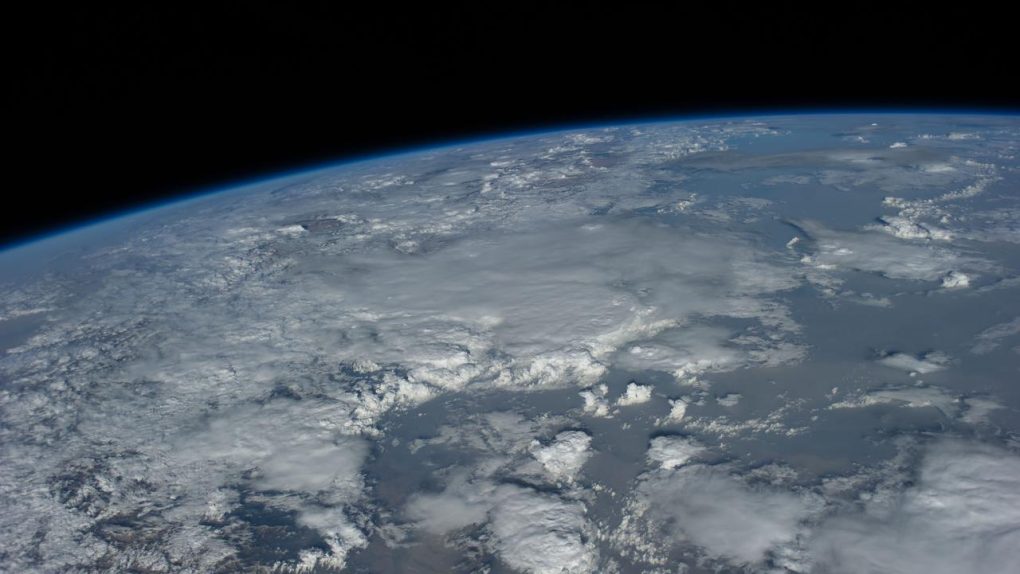- A distant star explosion could have been responsible for a massive extinction event on Earth.
- A new paper suggests that a star some 65 light-years from Earth may have exploded into a supernova, and that when the blast reached Earth it degraded our planet’s atmosphere.
- Additional research could prove whether or not this supernova theory holds water.
Today, Earth is absolutely teeming with life. That wasn’t always the case, of course, and over the eons, our planet has endured multiple catastrophic events that led to huge die-offs of many species. One particularly mysterious extinction event occurred roughly 359 million years ago. It’s called the Late Devonian extinction, and scientists might have just figured out what caused it.
Many times, huge extinction events are blamed on things that happen right here on the surface of our world. A particularly devastating volcanic eruption, for example, can cast a worldwide shadow and lead to the death of plant and animal life. There have been plenty of theories as to why the Late Devonian die-off happened, but a new theory suggests its origins were actually otherworldly.
In a new paper published in Proceedings of the National Academy of Sciences, researchers offer up the hypothesis that a distant star may have wiped out life on Earth hundreds of millions of years ago. It’s possible, the researchers propose, that a star sitting roughly 65 light-years away could have exploded into a supernova, and when the blast finally reached Earth, it may have been responsible for the severe drop in ozone levels in Earth’s atmosphere that had previously been blamed on other phenomena.
“Recent evidence indicates that the final extinction event may have coincided with a dramatic drop in stratospheric ozone, possibly due to a global temperature rise,” the researchers write. “Here we study an alternative possible cause for the postulated ozone drop: a nearby supernova explosion that could inflict damage by accelerating cosmic rays that can deliver ionizing radiation.”
Supernovas are incredibly devastating events for anything caught in the immediate vicinity, but scientists believe their effects can be felt dozens of light-years away from their origin. If a supernova did indeed explode and it was close enough that it impacted Earth’s atmosphere, it could very well be the reason why many species on Earth died out so long ago.
But how would you go about proving such a thing? Well, the researchers have a pretty good idea of where to start. The scientists say that if they can successfully identify radioactive isotopes like plutonium-244 or samarium-146, that would go a long way toward proving their hypothesis. “Neither of these isotopes occurs naturally on Earth today,” Zhenghai Liu, co-author of the study, said in a statement. “The only way they can get here is via cosmic explosions.”
There’s obviously still some work to be done here, but the theory itself is certainly worthy of consideration, even if it is a little bit frightening.








